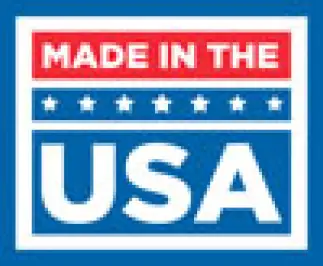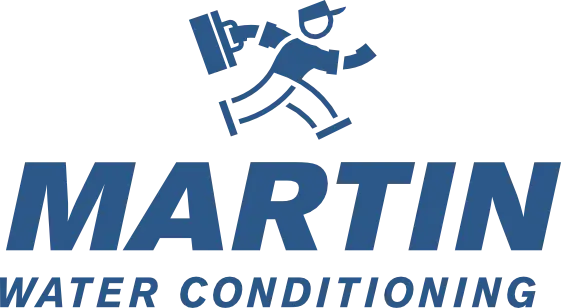About
Martin Water Conditioning has helped residential and commercial customers tap into pure, clean water for over 50 years. From its beginnings in Myerstown, PA, Martin Water has installed, sold, and serviced thousands of treatment systems to solve water problems throughout its service area, which now spans nine states.
Authorized, Independent Kinetico Dealer

About Martin
Shop
About
Martin Water Conditioning has helped residential and commercial customers tap into pure, clean water for over 50 years. From its beginnings in Myerstown, PA, Martin Water has installed, sold, and serviced thousands of treatment systems to solve water problems throughout its service area, which now spans nine states.
Authorized, Independent Kinetico Dealer

About Martin
Shop
About
Martin Water Conditioning has helped residential and commercial customers tap into pure, clean water for over 50 years. From its beginnings in Myerstown, PA, Martin Water has installed, sold, and serviced thousands of treatment systems to solve water problems throughout its service area, which now spans nine states.
Authorized, Independent Kinetico Dealer





